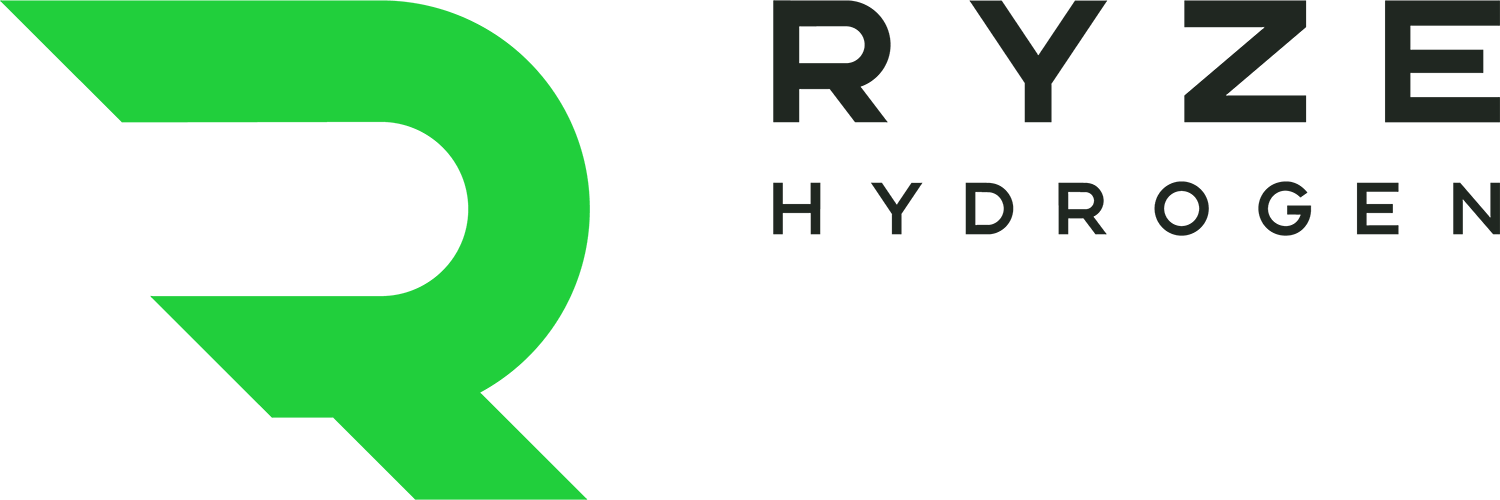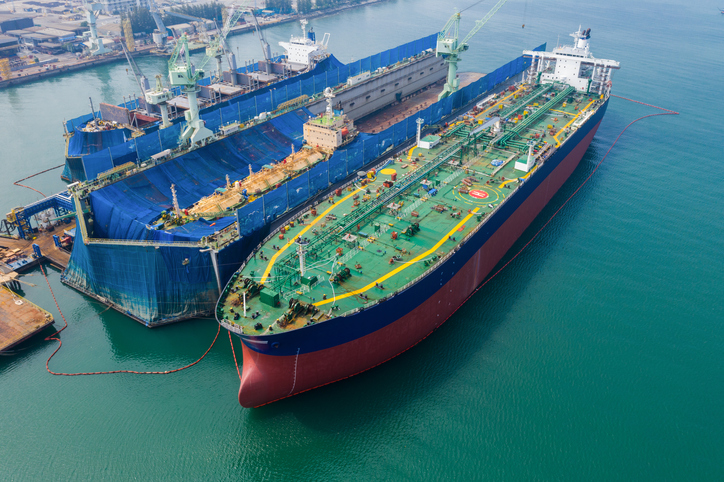In the quest for decarbonisation and confronting the complexities of hard-to-abate sectors, hydrogen is a pivotal solution for effectively addressing the intricate challenges of traditionally resistant sectors.
One of the more positive pieces of news to emerge from COP28 is a significant leap towards a greener maritime future as 30 industry stakeholders united to propel the supply and demand of hydrogen-based fuels by 2040. In a joint commitment, it has been reported that ship owners, operators, ports, financiers, manufacturers, and fuel producers, including major players like A.P. Moller-Maersk and Mitsui O.S.K. Lines, pledged to steer the maritime sector towards full decarbonisation. Their target? Shifting to at least 5%, with aspirations for 10%, scalable zero-emission fuels by 2030.
Green fuel producers, such as Orsted and Bunker Holding, also vowed to play their part, promising at-scale green hydrogen and hydrogen-derived fuels to facilitate a smooth transition for global shipping. The commitment emphasised the unique position of the shipping industry, backed by the International Maritime Organisation’s (IMO) commitment to legally binding regulations promoting near-zero and zero greenhouse gas emissions.
“Shipping is positioned to be a key offtaker of zero-emission fuels because, unlike in any other sector except aviation, its global regulator (the IMO) has committed to implement legally binding regulations that will mandate demand and use of fuels with near-zero and zero GHG emissions,” the Joint Commitment noted.
____________________
Related reading:
Global Transition to Low-Carbon Economies Gains Momentum
____________________
To achieve ambitious targets set by the IMO, including a 20% reduction in emissions by 2030 and 70% by 2040, the signatories recognised the need for a dramatic increase in green hydrogen production. However, acknowledging the “chicken-and-egg” challenge, they outlined plans to invest in zero-emission vessels to create clear demand signals. Signatory ports, including Fujairah and Seattle, committed to fortify green fuel infrastructure.

COP 28 UAE. Annual United Nations climate change conference in Dubai, United Arab Emirates, 30 Nov – 12 Dec 2023, witnessed a significant leap towards a greener maritime future as 30 industry stakeholders united to propel the supply and demand of hydrogen-based fuels by 2040.
The joint pledge, spearheaded by the UN High-Level Champions and Rocky Mountain Institute, highlighted the critical need for policy support. The signatories called on the IMO and member states to adopt robust mid-term measures by 2025, including GHG fuel standards and a carbon levy. Aligning supply-side policies with demand-side policies was deemed crucial for long-term price certainty and risk reduction for producers and offtakers alike. The commitment also advocated for incentives to promote and expand green shipping corridors, marking a significant stride towards a sustainable maritime landscape.
In the wake of COP28’s pledge, the maritime industry charts a bold course towards sustainability, proving that collaborative commitment is an important compass guiding us to a greener, decarbonised horizon by 2040.
To learn more about Ryze, click here.






